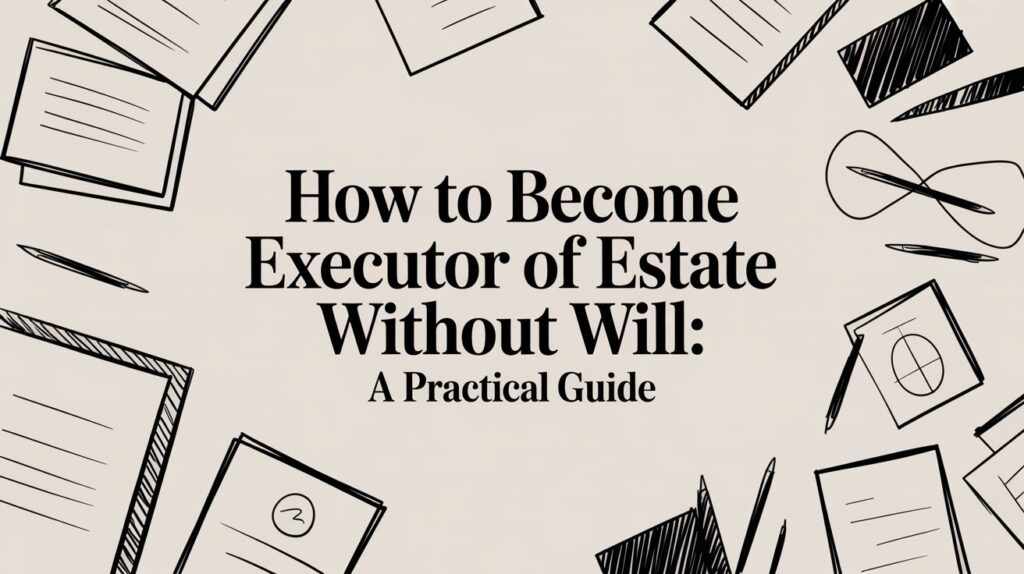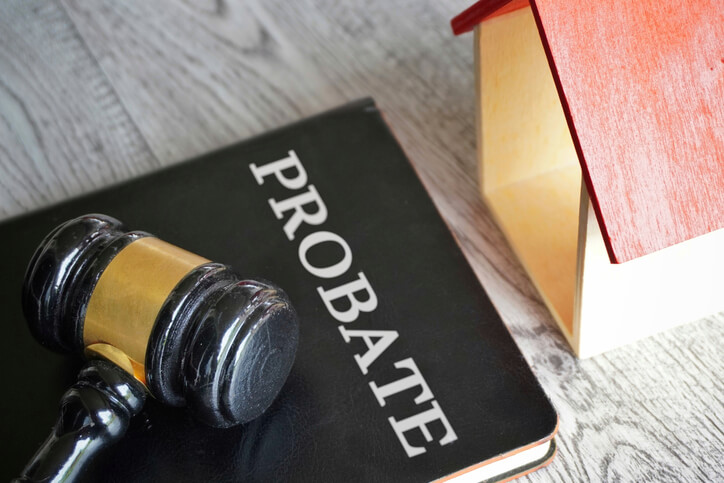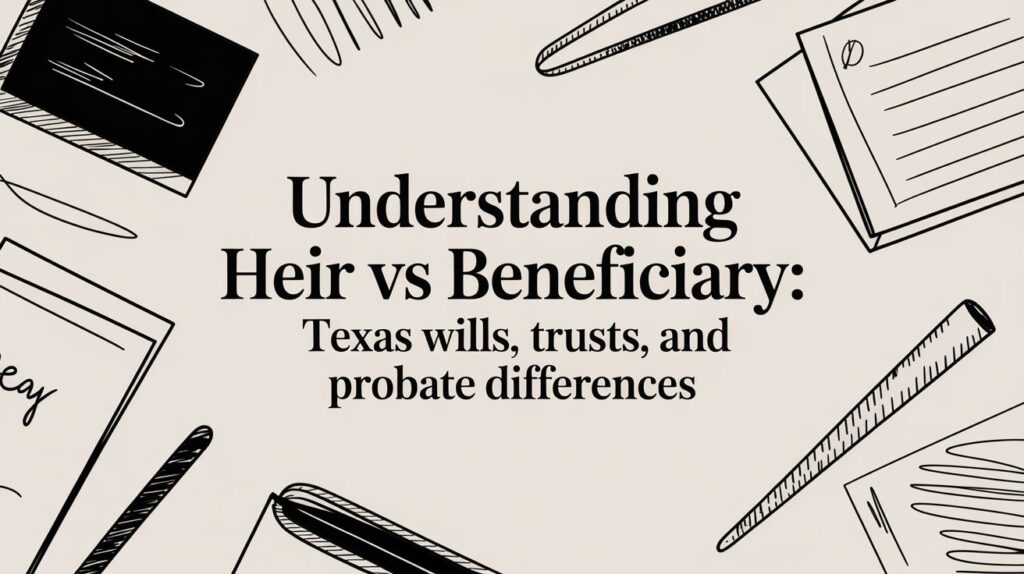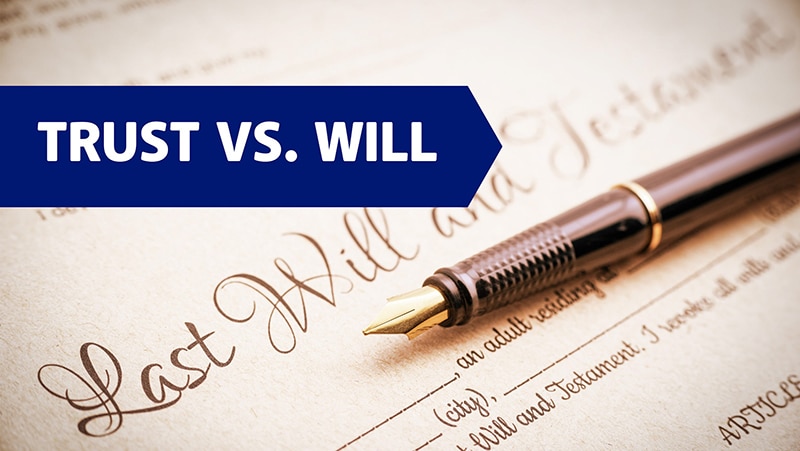Losing someone you care about is never easy. Alongside grief comes a wave of responsibilities—funeral arrangements, managing assets, notifying relatives, and often, facing the legal system. This is where the role of a probate attorney becomes invaluable. They step in not just as legal experts but as navigators during one of life’s most emotionally and administratively overwhelming times.
In this article, we’ll explore understanding the vital role of a probate attorney from every angle. From real-life scenarios to in-depth legal breakdowns, we’ll walk you through what probate attorneys actually do, why their role matters, and how to choose the right one for your situation. Whether you’re an executor needing guidance or a family member unsure where to begin, this is your no-fluff, real-talk guide toprobate law.

What Exactly Is Probate?
Demystifying the Process
Before diving into the role of a probate attorney, let’s clarify what probate even is. Probate is the legal process of administering a deceased person’s estate. That means:
- Proving the will is valid (if there is one)
- Identifying and appraising the deceased’s property
- Paying debts and taxes
- Distributing what remains to rightful heirs
If there’s no will, the court followsintestacy laws to distribute the estate. Probate ensures that everything is done fairly and legally—but it’s not always straightforward.
The Executor’s Burden
The Hidden Weight of Responsibility
When someone dies with a will, they usually name an executor—a person responsible for carrying out the wishes outlined in the document. This may sound simple, but in practice, it’s anything but.
Executors often face:
- Complex paperwork
- Tight deadlines
- Emotional family dynamics
- Confusing court procedures
- Legal liabilities for mistakes
That’s why understanding the vital role of a probate attorney is so crucial. They aren’t just there to fill out forms—they’re your safety net, legal translator, and problem-solver rolled into one.
Key Responsibilities of a Probate Attorney
The Job Description Behind the Title
So, what exactly does a probate attorney do? Here’s a closer look at the services they provide throughout the probate process.
1. Validating the Will
They ensure the will meets legal standards and guide it through the court for approval. If there are multiple wills or questions about authenticity, they help resolve conflicts.
2. Filing Documents
From petitions to inventory reports and tax filings, probate lawyers handle the endless paperwork and ensure everything is submitted on time.
3. Managing Creditors
They notify creditors, verify claims, and make sure the estate pays only what it legally owes.
4. Asset Distribution
Probate attorneys ensure that beneficiaries receive their inheritance as intended—and that any legal disputes are minimized or avoided.
5. Resolving Conflicts
When family disagreements arise (and they often do), your attorney can step in to mediate or represent your interests in court.

These are just a few ways the role of a probate attorney safeguards the process—and the people involved.
Real-Life Example: When DIY Went Wrong
Karen’s mother passed away in Houston. Thinking she could save money, Karen decided to probate the estate herself. She filed the wrong documents, missed a creditor notification deadline, and was held personally liable for a $12,000 debt she didn’t even know about.
It wasn’t until she hired a probate attorney mid-process that things started turning around. The lawyer corrected the mistakes, negotiated with creditors, and helped Karen finally distribute the estate without further legal damage.
This story underlines why understanding the vital role of a probate attorney is more than theory—it can save families from financial and emotional catastrophe.
When Should You Hire a Probate Attorney?
Timing Is Everything
Not every estate requires a lawyer, but here are some clear signs it’s time to hire one:
- There’s no will or the will is unclear
- The estate has significant debts or tax complications
- There’s property in multiple states
- Family members are contesting the will
- The executor is inexperienced or overwhelmed
- You’re being accused of mismanaging the estate
Even small mistakes in probate can carry big consequences. The earlier you involve an attorney, the better your odds of navigating things smoothly.
Probate vs Estate Planning Attorneys: Key Differences
Similar Tools, Different Timing
While both deal with estate law, their roles are quite different:
- Estate planning attorneys help you create wills, trusts, and other documents to manage your estate before you die.
- Probate attorneys step in after death to ensure those plans are legally executed—or to sort things out when no plan exists.
Understanding this distinction helps you choose the right kind of lawyer for your needs. And yes—some attorneys do both.
How Probate Attorneys Help Avoid Disputes
Keeping the Peace When Emotions Run High
Grief can bring out the best—and worst—in people. Sibling rivalries, resentments, and questions about fairness often bubble to the surface during probate. A good probate attorney acts as a neutral buffer.
They can:
- Mediate family disagreements
- Clarify legal interpretations of the will
- Manage the timing and transparency of asset distributions
- Prevent or handle legal challenges from unhappy heirs
In high-conflict estates, the role of a probate attorney isn’t just legal—it’s emotional diplomacy.
What About Small Estates?
Do You Still Need a Lawyer?
Texas and many other states offer simplified probate procedures for small estates. If the estate is valued under a certain threshold (like $75,000 in Texas), you may be able to use:
- Small estate affidavits
- Muniment of title (in Texas, this allows property transfer without full probate)
Even in these cases, a probate attorney can confirm eligibility, handle paperwork, and avoid technical mistakes that could lead to future disputes or title problems.
So yes, even “simple” estates can benefit from an attorney’s help.
How Probate Attorneys Handle Taxes and Debts
Not Just Wills and Heirs
Part of understanding the vital role of a probate attorney is recognizing that estate administration involves more than just asset distribution. One of the trickiest parts is dealing with taxes and debts.
Your attorney will:
- Determine what debts are legitimate
- Prioritize which bills need to be paid first
- Ensure IRS forms (like Form 706 orForm 1041) are filed correctly
- Handle estate tax exemptions and deductions
- Help avoid personal liability for unpaid estate taxes

Failing to address tax and debt obligations properly can result in serious legal issues—even for well-meaning executors.
What If There’s No Will?
Intestacy Law Comes Into Play
When someone dies without a will, they are considered to have died intestate. In this situation, the court distributes assets based on state law—not on what family members think is fair.
Here’s how a probate attorney helps:
- Identifies legal heirs according to Texas intestacy statutes
- Files for appointment as estate administrator
- Oversees court-ordered asset distribution
- Handles disputes between relatives or common-law spouses
Without a will, things get complicated fast. That’s why the role of a probate attorney becomes even more essential in intestate estates.
Cost of Hiring a Probate Attorney
What You Can Expect to Pay
Probate attorneys typically charge in one of three ways:
- Hourly Rate – Common in contested or complex estates ($200–$500/hour)
- Flat Fee – Often used in simple or uncontested cases
- Percentage of the Estate – Less common in Texas but used in some states
The cost depends on the size and complexity of the estate, the presence of disputes, and how much work the executor is willing to handle themselves.
It’s an investment, but one that often pays off in reduced risk, faster resolution, and peace of mind.
Choosing the Right Probate Attorney
Questions to Ask Before You Hire
Not all lawyers are created equal. When selecting a probate attorney, ask:
- How many probate cases have you handled?
- Do you have experience with estates similar to mine?
- How do you charge for services?
- Will I be working with you directly or your staff?
- What’s your communication style and response time?
Choosing the right attorney ensures that the role of a probate attorney in your case is proactive, efficient, and truly helpful.

Real-Life Case: The Conflict That Never Happened
Tom and his siblings were shocked when their father passed without a will. The family farm was in question, and tensions were high. Fortunately, they hired a probate attorney within two weeks of the funeral.
The attorney explained how Texas intestacy laws would apply and helped the siblings reach a shared agreement without going to court. The farm was legally transferred to one sibling with buyout agreements for the others—all within six months.
In Tom’s words: “Our attorney saved Thanksgiving dinner—and our family.”
Final Thoughts on Understanding the Vital Role of a Probate Attorney
When a loved one dies, emotions run high, paperwork piles up, and legal rules can feel impossible to navigate. That’s when understanding the vital role of a probate attorney becomes more than helpful—it becomes essential.
From filing documents and settling debts to keeping peace among heirs and making sure the will is honored, probate attorneys play a pivotal role in closing one chapter of life with dignity and order.
So whether you’re planning ahead, navigating a fresh loss, or stepping into the role of executor for the first time, don’t go it alone. A knowledgeable probate attorney can make all the difference—for your sanity, your family, and your future.








